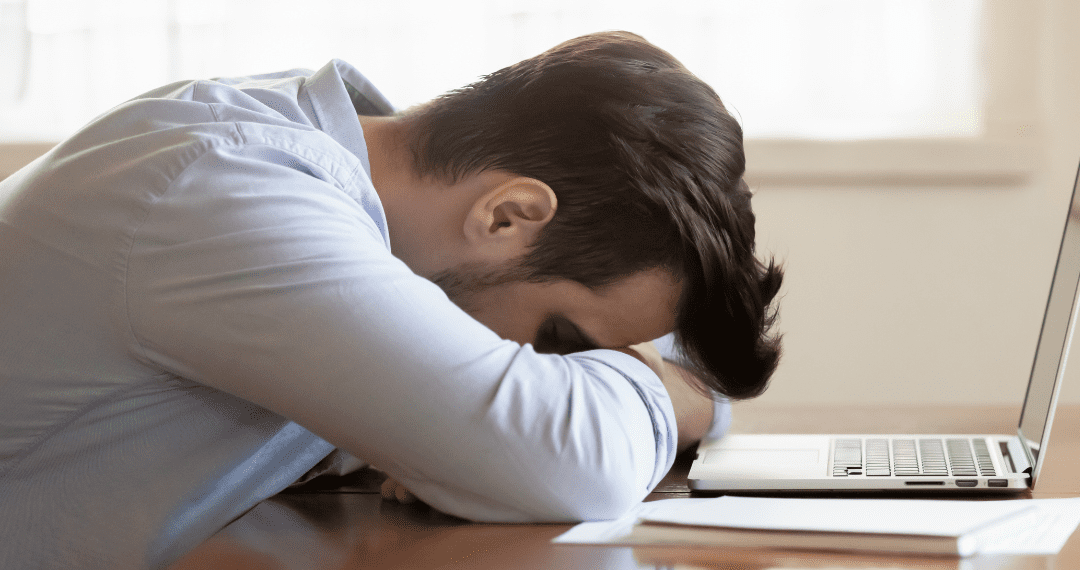I LOVE sleep. My mum says I was always a “good” sleeper as a child and now I’m in my 40s I love going to bed and falling into a deep slumber every night. I know I’m lucky to sleep well most nights and even luckier that my daughter is equally happy catching Zs.
But, not everyone is as fortunate and statistics state that:
- 36% of UK adults struggle to get to sleep at least on a weekly basis;
- Nearly half of the UK have trouble falling asleep at least once a month;
- Poor sleep affects women more than men; and
- 25 – 50-year-olds are the worst affected by poor sleep patterns
There are many reasons why getting a good night’s sleep can be difficult including stress and anxiety, pain and/or illness, the menopause and work-related worries to name a few.
Everyone can have the odd night of interrupted sleep bit when sleep problems occur on a regular basis or begin to affect your day-to-day life, it may be a sign that you’re suffering from insomnia, which can have a negative effect on both your physical and mental health.
Most of us need around 8 hours of good-quality sleep a night to function properly – but some need more and some less. What matters is that you find out how much sleep you need and then try to achieve it.
GPs in the UK noticed an increase in the number of patients suffering from poor sleep in 2020/21 which may be linked to the Coronavirus pandemic and increased levels of uncertainty and anxiety.
The NHS states that regular poor sleep puts you at risk of serious medical conditions, including obesity, coronary heart disease and diabetes – and it shortens your life expectancy.
It’s now clear that a solid night’s sleep is essential for a long and healthy life.
There are some well-documented tips for helping to create a better sleep pattern:–
- Exercise more – This could be as simple as upping your steps or doing 10 minutes of stretching and gentle movements each day.
- Dietary changes – As well as cutting back on caffeine in the afternoons and evenings, there are also many foods that can help improve sleep. Upping your intake of foods such as fish, kiwi, rice and milk can help.
- Relax and Unwind – If you think your sleep problems may be caused by stress, anxiety or general worries, it can be really helpful to take some time for yourself to unwind each night. Whether it’s reading a book or having a soak in a nice hot bath, making time for yourself at the same time each night is hugely beneficial for your mental health and your sleep. There are also numerous meditation and relaxation apps available to help induce calm before sleep.
- Digital Dis-connecting – avoid using mobile phones and devices for at least one hour before bed. Blue light and constant scrolling through social media stimulate the brain rather than calming you down.
If your sleeping problems persist, seek your GP’s advice. It may also be advisable to contact a sleep counsellor or therapist.
If you are struggling to sleep because of work-related issues, speak to your line manager or HR department. Or, if managing people is keeping you awake, get in touch with us at info@applehr.co.uk.

